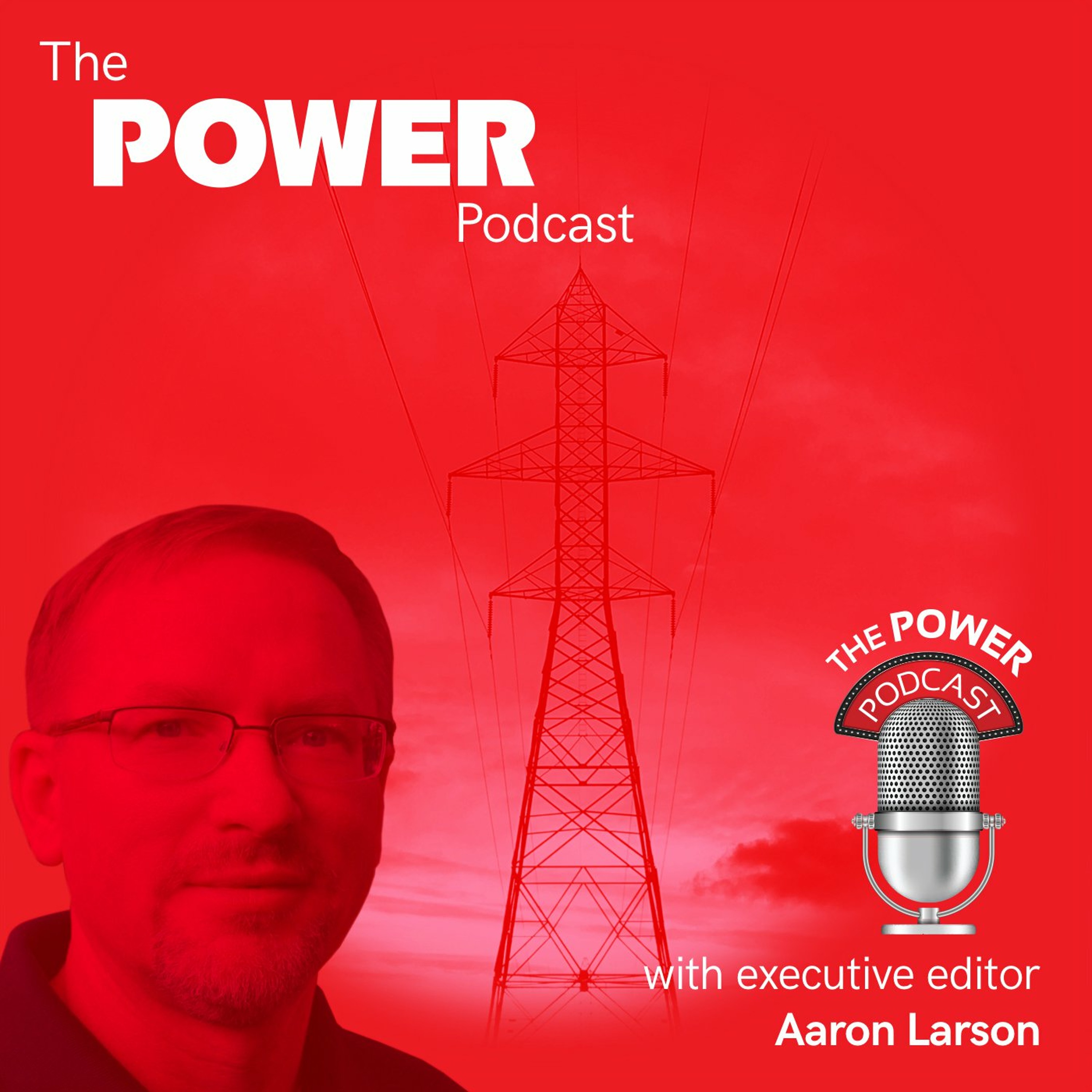
112. Women Are an Important Piece of UAE Nuclear Power Program
The POWER Podcast
Shownotes Transcript
Tuesday, March 8, was International Women’s Day, a global day celebrating the social, economic, cultural, and political achievements of women. One woman who has achieved great success is Amani al Hosani, a nuclear engineer in the United Arab Emirates (UAE). “I was born and raised in Abu Dhabi, the capital of the United Arab Emirates. I got my bachelor in science in chemical engineering from UAE University, and then worked in the oil and gas industry—ADNOC Onshore—for almost two years as a process engineer,” Hosani said as a guest on The POWER Podcast. “Then, I was awarded a scholarship to pursue my education in nuclear engineering, and I graduated in 2012 with a Master’s in nuclear engineering and was hired by the Emirates Nuclear Energy Corporation [ENEC] as a simulator engineer. Currently, I work as the Unit 3 shift supervisor at Barakah nuclear power plant.” The Barakah nuclear plant is a four-unit station being constructed in the Al Dhafra region of the Emirate of Abu Dhabi on the Arabian Gulf, approximately 53 kilometers west-southwest of the city of Ruwais. Barakah Unit 1 entered commercial operation on April 1, 2021. Unit 2 was connected to the UAE grid in August 2021, and commercial operation is expected in the coming months. Construction of Unit 3 was completed in November 2021 and that unit is currently undergoing operational readiness preparations, while Unit 4 is in the final stages of commissioning with construction completion standing at 92%. Hosani has seen the Barakah project spring to life before her very eyes. In 2009, ENEC CEO Mohamed Al Hammadi invited her class, which was the first class of nuclear engineering graduates in the UAE, to visit the site. “They drove us two and a half hours from Abu Dhabi into the middle of the desert—in the middle of nowhere,” Hosani recalled on the podcast. “All that we were able to see was four signs standing there with numbers 1, 2, 3, and 4. And then, His Excellency, Mohamed Al Hammadi, was leaning toward me and telling me, ‘You see those signs? Here is where we are going to build Units 1, 2, 3, and 4.’ There was nothing there.” Fast forward to today, and the site looks very different (Figure 1). Now, the plants have been constructed and Unit 1 is in commercial operation. “It was a wonderful journey,” said Hosani. “I really feel so proud that I’m part of this organization and this major historical project in this region.” Hosani hasn’t been the only woman involved in the project. Women have made up a larger percentage of ENEC’s workforce than is typical in the nuclear industry. Sheikha Lubna bint Khalid Al Qasimi, noted in November 2017 that 23% of professionals working at ENEC at the time were women and that approximately 10% of employees at the Barakah plant were female. “Here in the UAE, we strongly believe in the equality of men and women, both in society and in professional development,” she said during a presentation. “From the very beginning of the UAE Peaceful Nuclear Energy Program, we emphasized strongly the need to bring more women into the nuclear industry and into what is generally considered a male-dominated sector around the world.” While the percentage of women in the ENEC workforce has decreased to about 20% today, as the workforce has grown significantly and the percentage of women added has not quite kept pace, Hosani said women still play an important role in the UAE’s nuclear power sector. “You can see women confidently and competently leading their teams in either non-technical supportive roles or in technical specialized roles,” she said. “For a relatively young organization, I’m proud looking around me and seeing women working as local operators, reactor operators, shift supervisors, radiation protection, chemistry, engineering, maintenance, you name it, and every single person is very well trained and qualified to assume their role. So, they are adding great value to the organization.”